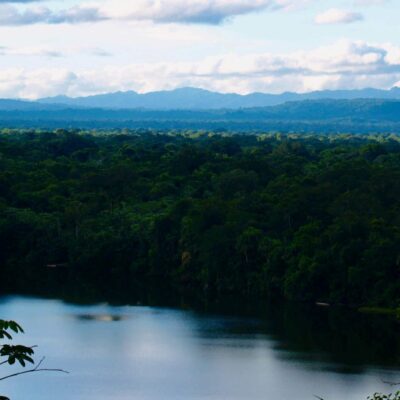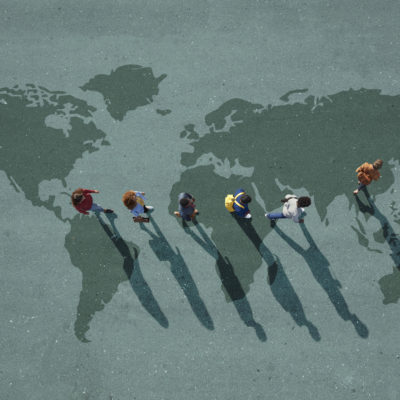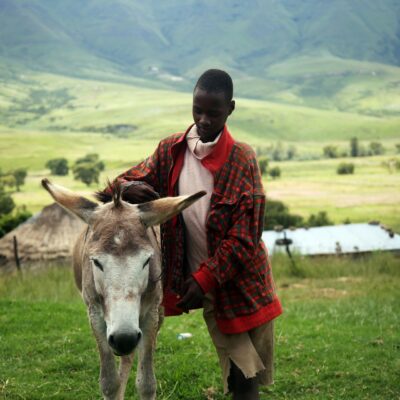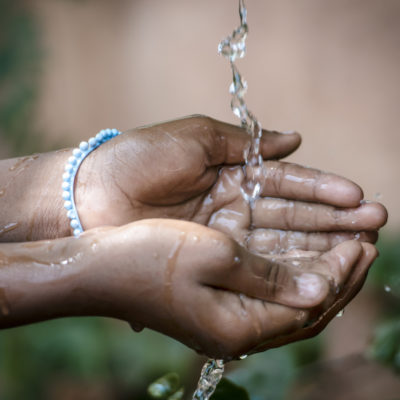 Photo: Sincerely Media / Unsplash
Photo: Sincerely Media / Unsplash
This article was first published in by the Danish Development Research Network.
“What is left of “development” with an ever-expanding development agenda through the SDGs? What does the expansion mean for our understanding of “development” and “development research”? These fundamental questions about the future of development research were addressed during the DevRes 2021 Conference ‘Advancing Sustainable Transformation’ organised by the recently launched Swedish Development Research Network (SweDev) in June 2021.”
“The chair of the roundtable, Frederik Söderbaum, set the scene when arguing that a specific debate has emerged in the Swedish context about “development research” as a field of study. Some continue to approach “development research” as a distinct interdisciplinary, social science discipline, whereas others perceive it more broadly as “any kind of research of relevance for developing countries” — i.e., any discipline, methodology and research tradition focusing on poor countries. This post will focus on the critical intervention by Maria Erikssson-Baaz to inspire a continued and wider debate, which is relevant to any research community.”
“With reference to the article From International to Global Development: New Geographies of 21st Century Development by Rory Horner and David Hulme published in Development and Change Volume 50, Issue 2, March 2019, 347-378, Maria Erikssson-Baaz observes an undoing of distinctions between a developed North versus an undeveloped South both in factual terms and in policy rhetoric. Looking at a range of indicators – GDP growth, income levels (growing middle class), life expectancy, education, decreasing levels of aid dependency, carbon emissions. emergence of new donors, and most importantly growing inequalities within countries rather than between countries – they all reflect an increasing convergence between North and South.”
“The UN Sustainable Development Goals (SDGs), which was agreed upon in 2015, departs from any form of spatial distinction as laid down in the earlier Millennium Development Goals (MDGs). Not least the challenge of climate change puts considerable emphasis of the Global North and its elite populations.”
“Maria Erikssson-Baaz asks the question about where these recent trends leave development studies. The area of research becomes impossibly wide if developments studies is redefined in terms of poverty and inequalities everywhere. Should other disciplines, which address such issues in the Global North, e.g., social work studies, sociology, merge with development studies?”
“The reformulation of development studies further holds the potential of decolonizing research. In a joint statement issued by seventeen researchers, including Maria Erikssson-Baaz, the marked inequality between on the one hand brokering researchers, who are based in the research setting and regulate the access and flow of knowledge and are referred to as “local research assistants” or “fixers”, and on the other hand contracting researchers who often are based in the global North and who contract brokering researchers. While accounts of research exploitation go long back in history, they have increased in recent years, mostly enabled by social media.”
This article was written by Arne Wangel.










